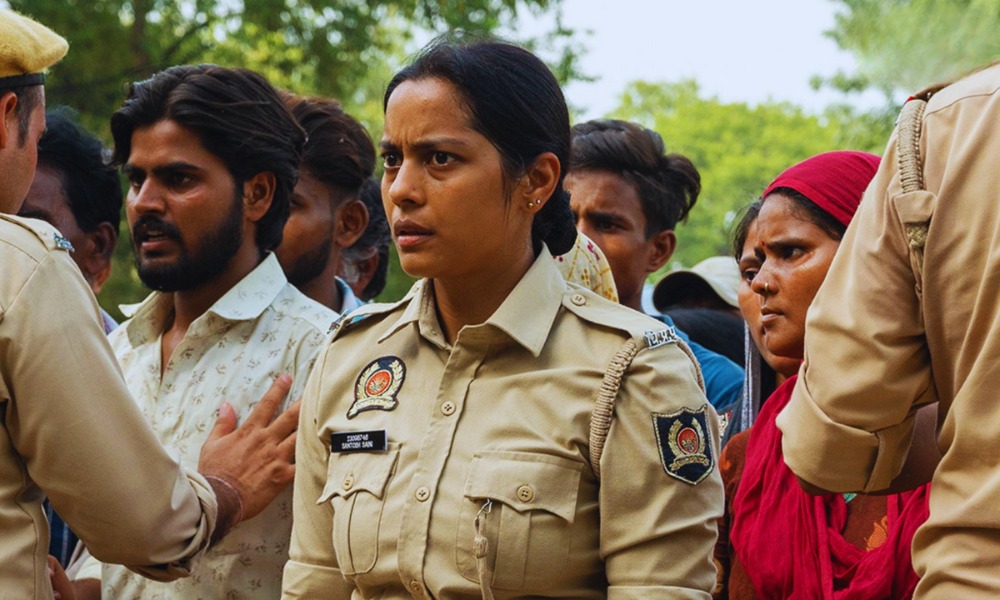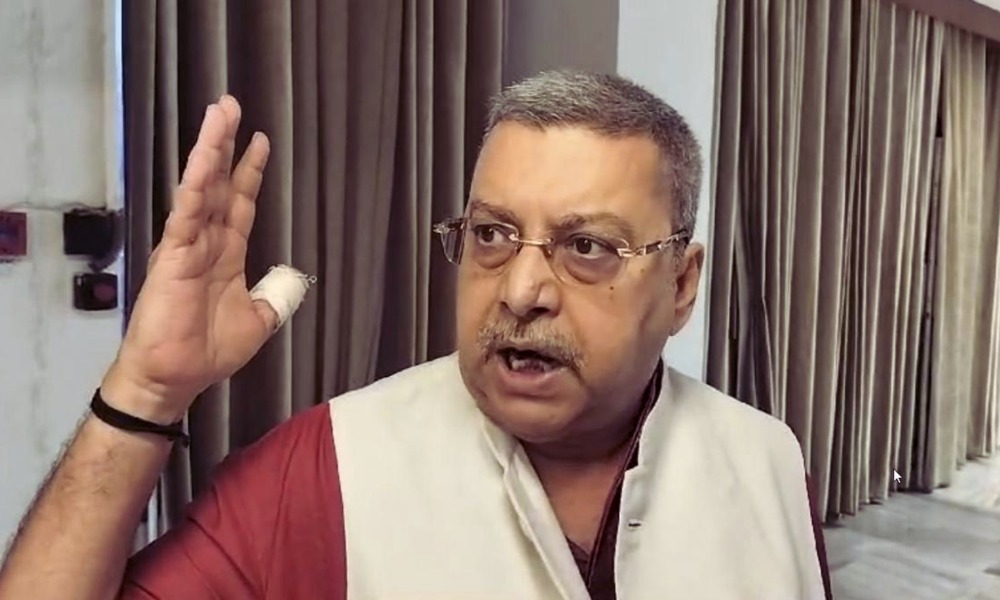Indian Censors Block Acclaimed Film Santosh Over Controversial Themes

Indian film censors have prohibited the release of the widely praised film Santosh, citing concerns over its depiction of misogyny, Islamophobia, and police brutality.
Internationally Acclaimed Film Faces Censorship
Santosh, directed by British-Indian filmmaker Sandhya Suri, is set in northern India and follows the story of a young widow who becomes a police officer and investigates the murder of a Dalit girl.
The film highlights issues such as gender discrimination, caste-based violence, and the mistreatment of marginalized communities by the police.
The film debuted at the Cannes Film Festival, where it was met with widespread acclaim. It was the UK’s official entry for the Oscars’ international feature category and earned a BAFTA nomination for Best Debut Feature.
Shahana Goswami, the lead actor, received the Best Actress award at the Asian Film Awards.
Contentious Themes Prompt Censorship
Despite its success, Santosh will likely remain unseen by Indian audiences after the Central Board of Film Certification (CBFC) declined to approve its release.
The CBFC, which regulates all film releases in India, objected to the film’s portrayal of the police.
Sandhya Suri described the decision as “disappointing and heartbreaking.”
“It was surprising for all of us because I didn’t feel that these issues were particularly new to Indian cinema or hadn’t been raised before by other films,” Suri said.
Extensive Censorship Demands
According to Suri, the CBFC demanded an extensive list of cuts that would have been impossible to implement without compromising the film’s integrity.
Legal restrictions prevent her from revealing specific details, but Suri stated that the list spanned several pages and included changes related to police conduct and broader societal issues.
“It was very important to me that the film is released in India, so I did try to figure out if there was a way to make it work,” said Suri. “But in the end, it was just too difficult to make those cuts and have a film that still made sense, let alone stayed true to its vision.”
Suri emphasized that the film does not glorify violence in the way some other films about police do. “There’s nothing sensationalist about it,” she said.
Sensitive Political Climate
The censorship of Santosh comes at a time when India’s cultural sphere is under increased scrutiny.
Films and television shows addressing politically sensitive issues have faced backlash, including hate campaigns, police cases, and removal from streaming platforms.
Suri acknowledged that she was “nervous” about releasing the film in India due to the current political climate but maintained that it was crucial for Indian audiences to see it.
She said the film was partly inspired by the 2012 Delhi gang rape case, known as the Nirbhaya case, and that she had collaborated with Indian non-governmental organizations while developing the story.
Challenges of Realistic Depiction
Suri speculated that the realistic nature of Santosh may have made it more uncomfortable for censors than stylized portrayals of police violence in Bollywood films.
“Maybe there’s something about this film which is troubling in that everybody is morally compromised and there is no single hero,” she said. “I think that’s what might set it apart from other stories in Indian cinema, which often show a maverick cop in a rotten system.”
Widespread Issue of Police Violence
Police violence and torture are well-documented issues in India. A 2020 Human Rights Watch report highlighted that Indian police frequently resort to torture and violate arrest procedures with little accountability.
While other Indian films have addressed police violence, Santosh offers a starkly realistic perspective that may have unsettled the censors.
No Official Response from Police or Censors
Neither Indian police officials nor the CBFC have responded to reports about the film. The CBFC’s decision is final, and there is no official appeal process except through the courts.
Despite the setback, Suri remains determined to make Santosh accessible to Indian viewers. “All my work has been about India; one film was deeply nostalgic, another was super beautiful and sensual,” she said. “Yes, this one shows another face of the country. But there’s humanity in everybody in this film.”
Plot and Background of Santosh
Santosh tells the story of a widowed housewife who inherits her husband’s job as a police constable. Soon after joining the force, she becomes involved in the investigation of the murder of a young Dalit girl.
The film explores the personal and systemic challenges she faces as she confronts the harsh realities of caste and gender discrimination.
The film was shot in India with an all-Indian cast and is entirely in Hindi, the predominant language of northern India.
The script had been pre-approved for production in India without objections, and India’s largest cinema chain had initially agreed to distribute the film in January.
Future Prospects
Although Santosh has been blocked from theatrical release in India, it can still be streamed on the OTT platform MUBI. Suri remains hopeful that Indian audiences will eventually have the chance to see the film.








